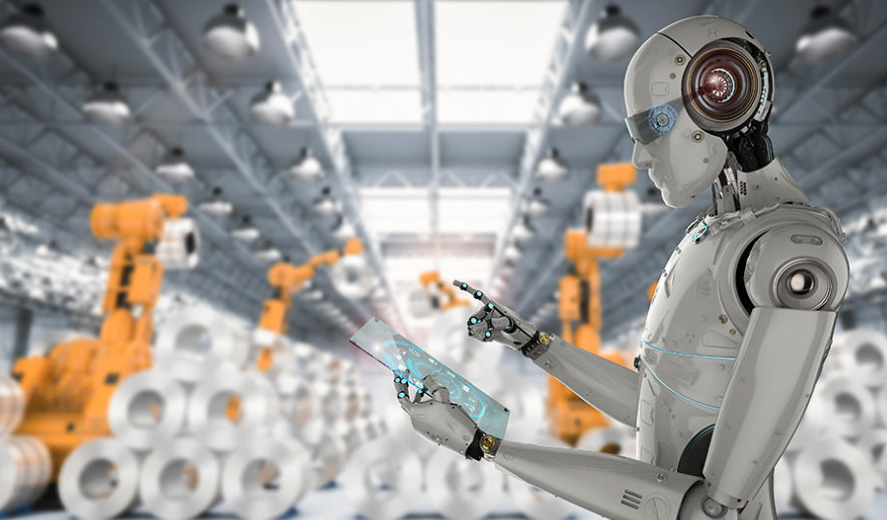Automation is reshaping the workplace landscape through the adoption of intelligent technologies. This transformation influences traditional job roles, necessitating new skill sets and adaptive strategies. Organizations are leveraging automation to enhance efficiency while fostering a collaborative culture. However, the balance between technological advancement and human employment remains precarious. As these changes unfold, the long-term implications for workforce dynamics and organizational structure warrant careful consideration. What strategies will emerge to reconcile these competing interests?
The Rise of Intelligent Automation
As organizations increasingly adopt advanced technologies, intelligent automation is emerging as a pivotal force in reshaping the workplace.
This evolution integrates robotic process automation and cognitive computing, enhancing operational efficiency and decision-making capabilities.
See also: How Artificial Intelligence Is Transforming the Tech Industry
Impact on Job Roles and Skill Requirements
While intelligent automation enhances operational efficiency, it simultaneously necessitates a reevaluation of job roles and skill requirements within organizations.
Job displacement becomes a pressing concern as traditional roles evolve, demanding a workforce proficient in new technologies.
This shift underscores the importance of skill evolution, requiring employees to adapt through continuous learning and development to thrive in an increasingly automated environment.
Enhancing Workplace Culture and Collaboration
Although the implementation of automation often focuses on efficiency and productivity, it also plays a crucial role in enhancing workplace culture and collaboration.
By integrating advanced communication tools, organizations foster improved team engagement, enabling employees to connect seamlessly, share ideas, and collaborate effectively.
This strategic approach not only nurtures a positive environment but also empowers individuals, promoting autonomy and innovation within the workplace.
Future Trends in Automation and Employment
With the rapid advancement of technology, the future of automation is poised to reshape employment landscapes across various industries.
The rise of remote work will increasingly integrate automated processes, enhancing productivity while potentially leading to job displacement.
Organizations must strategically adapt, embracing upskilling initiatives to mitigate workforce disruptions and leverage automation’s capabilities, ensuring a balance between efficiency and human employment opportunities.
Conclusion
In conclusion, the integration of automation in the workplace is reshaping job roles and necessitating a shift in skill sets among employees. As organizations enhance operational efficiency and foster collaboration, one must ponder: how can businesses ensure that human employment remains a priority in this rapidly evolving landscape? Striking a balance between technological advancement and workforce sustainability will be crucial for organizations to thrive, ultimately creating an environment where both innovation and human potential coexist harmoniously.




